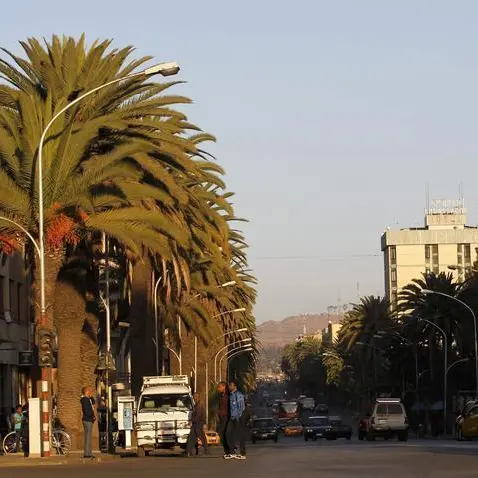PHOTO
A global UN conference on how to battle online disinformation and hate speech without endangering human rights opened in France's capital on Wednesday.
The UN's cultural fund, UNESCO, said hundreds of officials, tech firm representatives, academics and members of civil society were set to attend the two-day meeting.
"We are all experiencing how digital platforms have changed the way we connect and face the world, the way we face each other," UNESCO director general Audrey Azoulay said in opening remarks.
"Only by fully evaluating this technological revolution can we ensure it is a revolution that does not compromise human rights, freedom of expression and democracy."
A message from Brazil's President Luiz Inacio Lula da Silva was also read out, after disgruntled supporters of former leader Jair Bolsonaro on January 8 this year invaded the presidential palace, Congress and the Supreme Court in Brasilia.
"What happened that day was the culmination of a campaign, initiated much before, and that used, as ammunition, lies and disinformation," he said.
"To a large extent, this campaign was nurtured, organised, and disseminated through several digital platforms and messaging apps," he added.
"This must stop. The international community needs, from now on, to work to give effective answers to this challenging question of our times."
Participants from all over the planet were also to include Filipina journalist and Nobel Prize laureate Maria Ressa, as well as Facebook whistleblower Christopher Wylie.
Ressa, who shared the Nobel Peace Prize with Russian journalist Dmitry Muratov in 2021, told AFP last year that the rise of social media has allowed dangerous propaganda to flourish and left professional reporters facing constant threat of attack.
Data scientist Wylie has revealed how he helped Cambridge Analytica, founded by ex-US president Donald Trump's former right-hand man Steve Bannon, to use unauthorised personal data harvested from Facebook to help swing a string of elections, including Trump's US presidential win in 2016.
"Many countries around the world have issued or are currently considering national legislation to address the spread of harmful content," UNESCO said in a statement ahead of the conference.
But "some of this legislation risks infringing the human rights of their populations, particularly the right to freedom of expression and opinion", it warned.





















